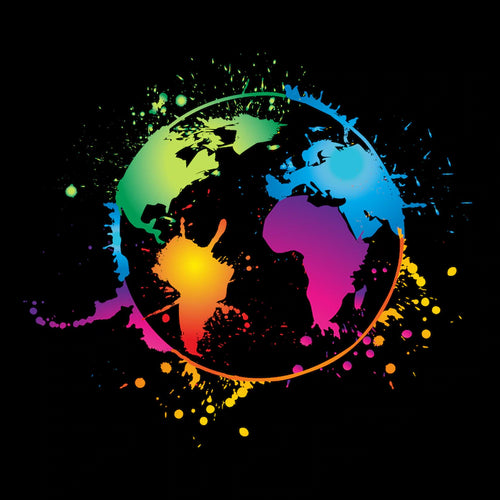Africa has officially launched the Continental Internet Exchange (CIX), a bold infrastructure project backed by the African Union that’s already being hailed as a digital revolution. But while it promises faster, cheaper, and more secure internet for 1.4 billion Africans, it’s also sending tremors through Silicon Valley. For tech giants like Google, Amazon, and Microsoft, the rise of CIX could mean the end of their unchecked dominance across the continent.
🚀 What Is CIX?
CIX isn’t a separate internet protocol—it’s a continent-wide digital highway. It connects African countries directly through fiber backbones, regional data centers, and internet exchange points (IXPs), allowing traffic to stay within Africa rather than bouncing through Europe or the U.S.. This localization slashes latency, halves bandwidth costs, and dramatically improves reliability.

Coupled with the African Digital Protocol (ADP), CIX also enforces strict data sovereignty rules—ensuring African data remains on the continent unless explicitly exported.
🧠 Why It Matters
For decades, Africa’s internet traffic has been routed through Western servers, giving foreign companies control over data flow, surveillance potential, and digital profits. CIX flips that model on its head:
• Local Control: African governments and startups now have the infrastructure to build and host their own platforms.
• Economic Shift: Africa spends over $50 billion annually on foreign digital services. CIX could redirect much of that to local tech ecosystems.
• Cultural Relevance: With over 2,000 languages and diverse user needs, African-built platforms can offer more tailored services than global giants.
😬 Why Google Should Be Worried
Google and other Western firms have long benefited from Africa’s dependency on foreign infrastructure. But with CIX:
• Search and Cloud Services: African alternatives could emerge, challenging Google’s grip on search, cloud storage, and analytics.
• Advertising Revenue: Local platforms may siphon ad dollars away from Google and Meta.
• Regulatory Pressure: ADP mirrors Europe’s GDPR, meaning tighter rules on data collection and usage.
Some analysts suggest this could be the beginning of a digital decoupling, where Africa builds a parallel internet ecosystem—one that’s independent, innovative, and increasingly competitive.
🏗️ What’s Next?
Within days of its launch, over 200 million users migrated to CIX-connected services. Major hubs like Nairobi, Lagos, and Cape Town are leading the charge, with full continental coverage expected by 2027. The rollout is one of the fastest tech adoptions in history, and it’s only just begun.



